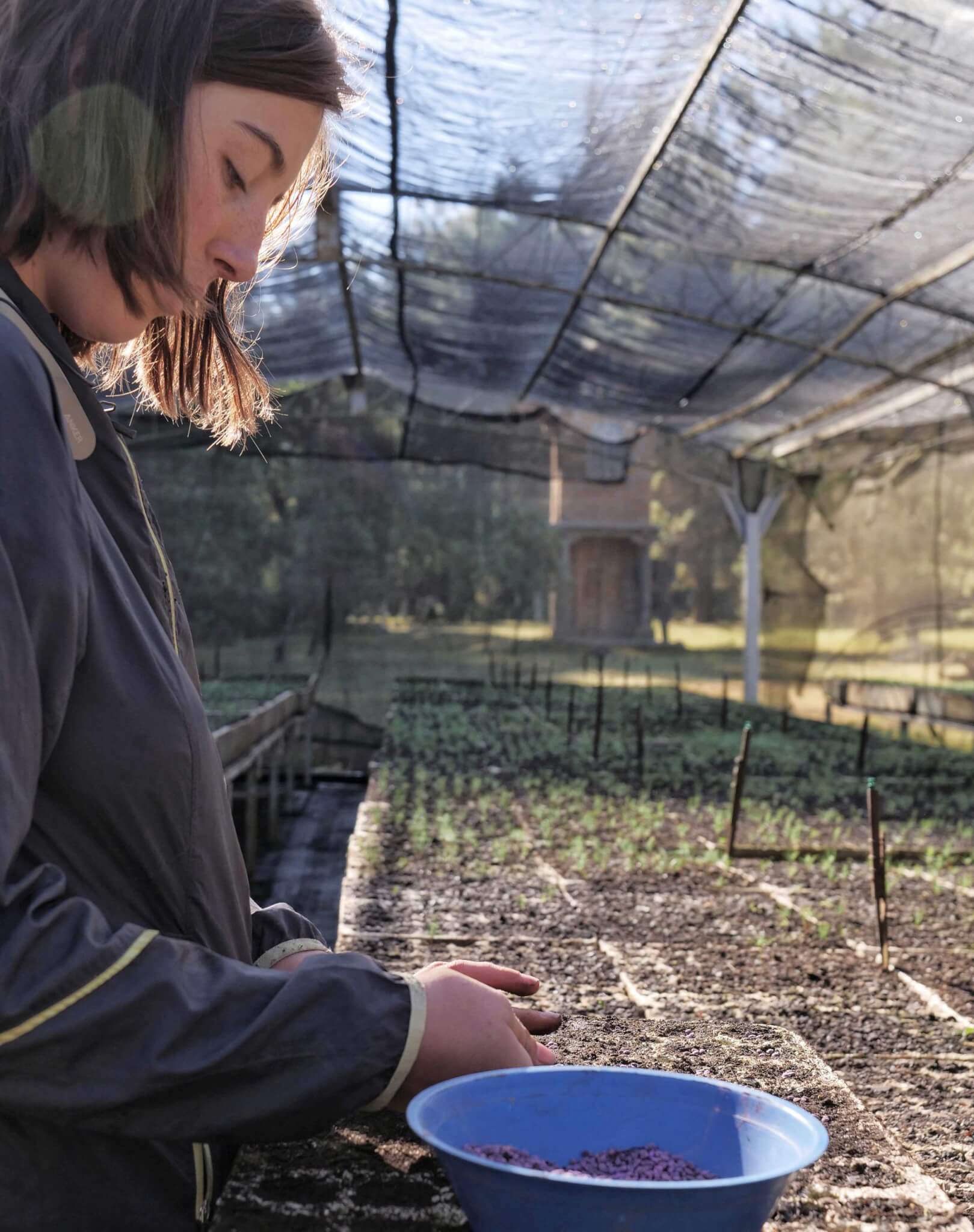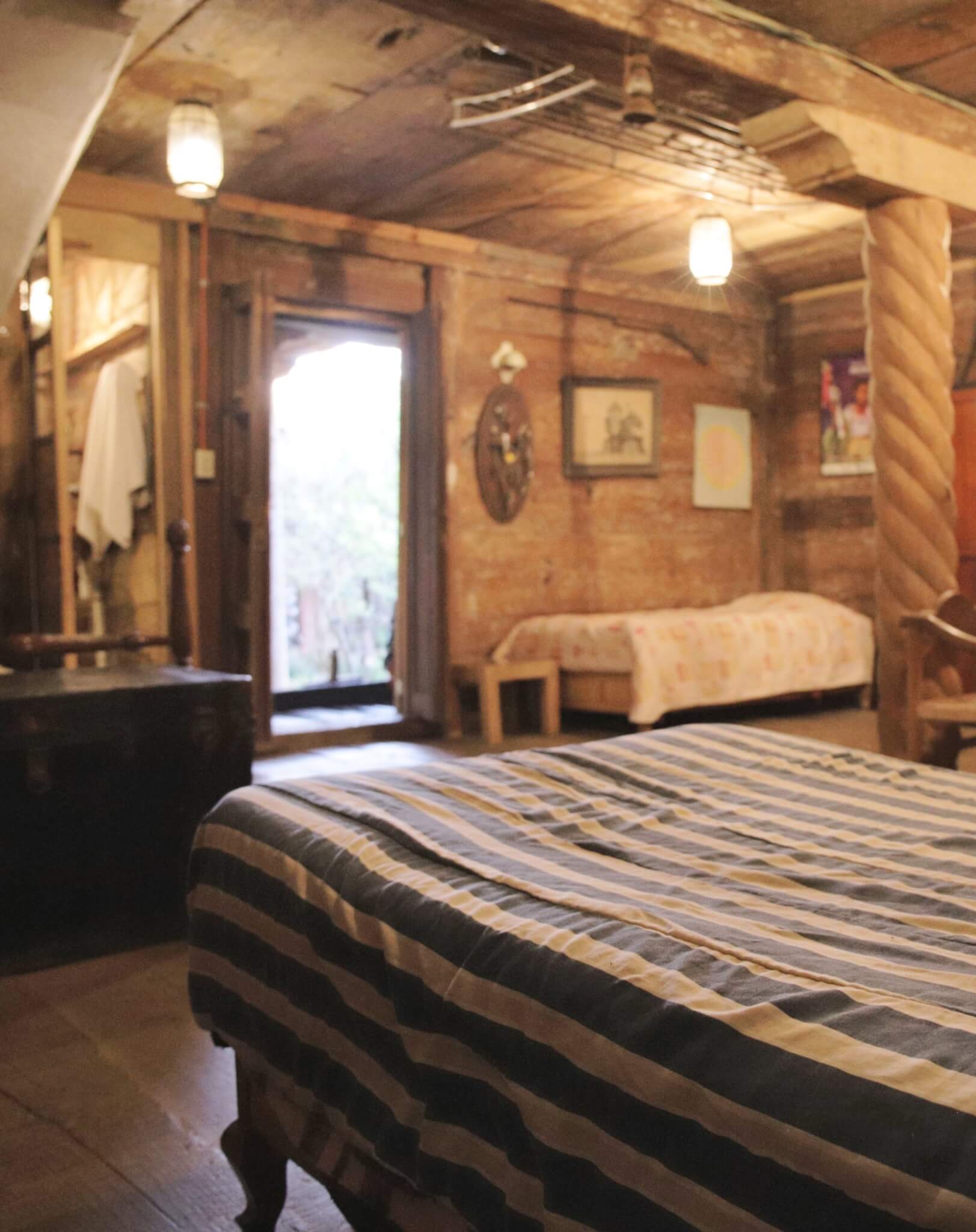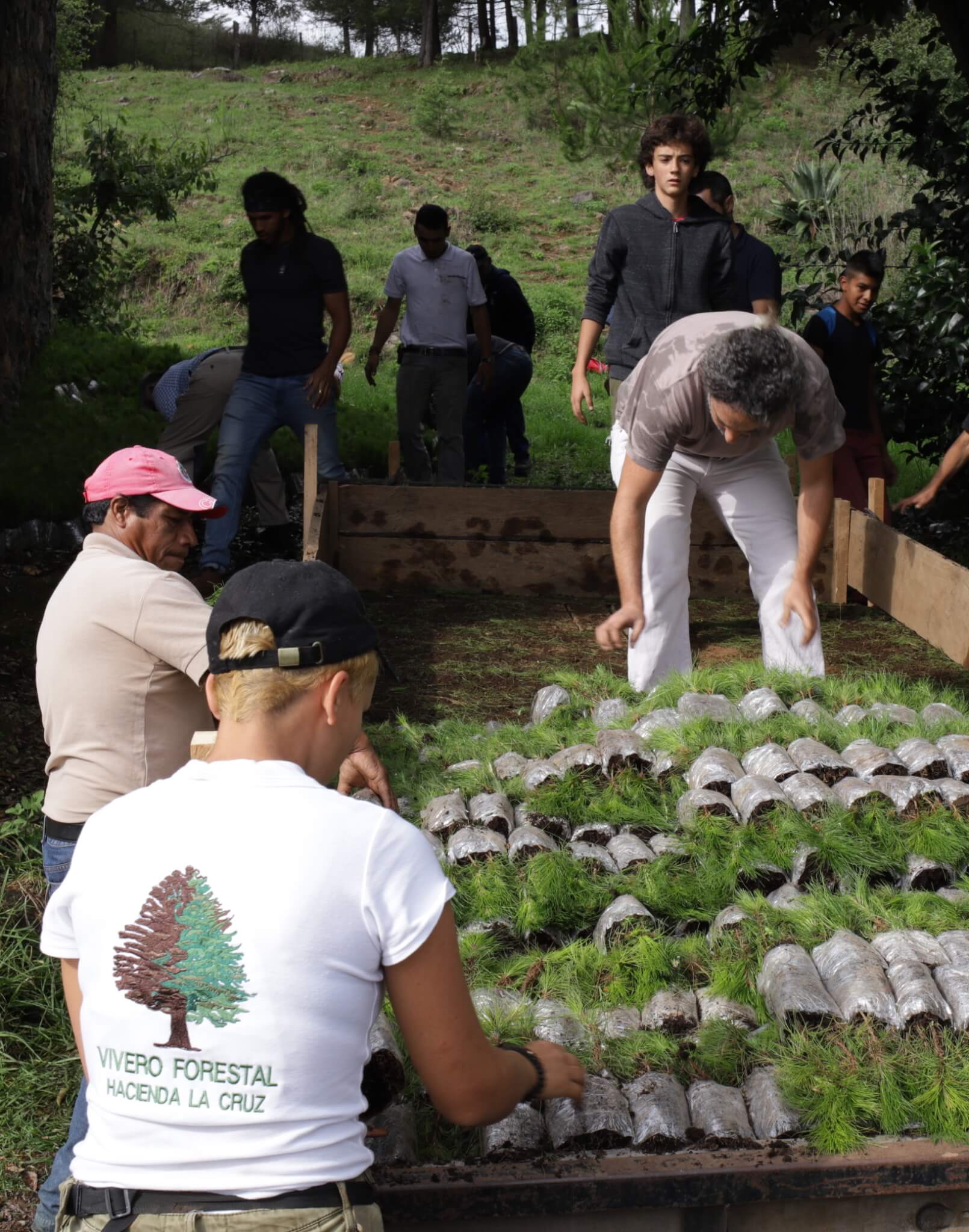Volunteer in Mexico



Through our partnership with the tree nursery Vivero Forestal Hacienda La Cruz, you can now volunteer in Mexico! The tree nursery offers a hands-on volunteer program from June - August. Volunteers have the opportunity to stay at Hacienda La Cruz, located right at the nursery, and help with the reforestation process. If interested in volunteering, please contact Forests for Monarchs.
Become a Green Ally
Plant a pollinator garden
Whether you have fields or just a window box, you can plant a pollinator garden with nectar-producing flowers and plants that not only monarchs need, but all pollinators. Including plants like Cone Flowers, native milkweed and goldenrod can help attract monarchs.
It’s important that your seeds be non-GMO so check in with a local farm-stand or garden to see what they use. GMO seeds are often created to withstand pesticides and herbicides, but when pollinators feed from those plants, they ingest those chemicals which can often lead to the pollinator’s death. You should also avoid use of chemical sprays such as Round-Up in your garden for the same reason. But also, a lot of the “weeds” we’ve become accustom to are actually excellent sources of food for monarch butterflies and other pollinators
Monarch caterpillars only eat milkweed plants and can’t survive without them. Female butterflies lay their eggs on milkweed plants, carefully choosing milkweeds that provide nutrients and defense chemicals for their offspring. The defense chemicals in milkweed help to protect monarchs from predators and the parasite Ophryocystis elektroscirrha (or OE).
Milkweed species vary considerably in their defense chemicals, and female butterflies choose where to lay their eggs based on parasite infection. Mom knows best! We, as gardeners, can help by providing a variety of milkweed species to choose from. Please, only plant species that are native to where you live, using local seed whenever possible. You can easily discover which milkweed species are native to your area by typing “milkweed species native to [MY HOME STATE]” into Google. You can then find out where to purchase local seed by searching for “native seed nursery in [MY HOME STATE].” Additionally, Monarch Joint Venture has a milkweed vendor map that may help you locate vendors in your state. Never plant tropical milkweed (Asclepias curassavica) outdoors. It is not native to North America, it can cause monarchs to stop migrating, and it can become lethally toxic at high temperatures.
Although monarch caterpillars use only milkweed for food, adult monarchs (and other pollinators) rely on diverse flowering plant species for nectar. Nectar contains a wide variety of antibiotics that protect pollinators from parasites. Please plant wildflowers that are native to your state whenever possible. Showy horticultural plant varieties are pretty, but don’t always provide the nectar that monarchs need. It’s safer to plant wildflowers native to your area that are known to attract pollinators. You can easily find a list of what to plant in your state by googling “pollinator garden plants native to [MY HOME STATE].” You can purchase them at the same native seed nursery you searched for previously. Remember that late-migrating fall monarchs may have difficulty finding nectar since many plants have already stopped flowering, so consider including species like New England aster and goldenrod that will bloom until a heavy frost. In a garden with a good mixture of native plant species, there will always be something in flower, so that pollinators like monarchs have nectar available all season long. Carefully follow the planting instructions on the native seeds that you purchase, and remember that many species can take more than one year to flower.
Neonics are used in commercial agriculture. Plants may be sprayed, or seed may be coated with neonics. Seed-coated neonics are absorbed through the plant’s vascular system and can be present in nectar, where they can disable or kill butterflies and bees. If you buy from a local nursery, the owners should know which of their plants are neonic-free. Online searches for “Neonic and Pesticide Free Nurseries” can also help you identify nurseries that sell neonic-free plants. The Xerces Society and Monarch Watch also give out valuable information about planting for monarch-safe conservation. Large chains like Lowe’s, Home Depot, and WalMart have become aware of the problem and have tried to reduce or eliminate plants grown with neonics. Always check the label!
American homeowners currently have about 45 million acres of lawn mostly in cool season grasses like orchardgrass and fescue, which have little or no wildlife value. If half of these lawns were converted to native warm-season grasses and forbs, that would be equivalent to a new 20-million acre park, the biggest natural area in the country, bigger than most of our national parks combined.
Monarchs are good at finding food sources, even containerized plants on decks. Every little bit helps!
Thank you to Mike Hamm, Mark Hunter, and Michaela Rogers from the LCHPP Board for putting this together (September 2022).
Invite us in for a presentation
We are happy to get involved with an organization, gardening group or school that is working to create a pollinator garden, or is looking for more information on the monarch and/or our reforestation efforts in Mexico.
Follow us on social media and join our newsletter list
We often share updates on the monarch butterfly population, our work in Mexico and gardening tips. You can also share our posts and invite your family and friends to follow us too!
Host a fundraiser
Planning an event and looking for an organization to donate the proceeds to? We’d be happy to supply your event with educational information and material. You can also host virtual fundraisers through Facebook.
